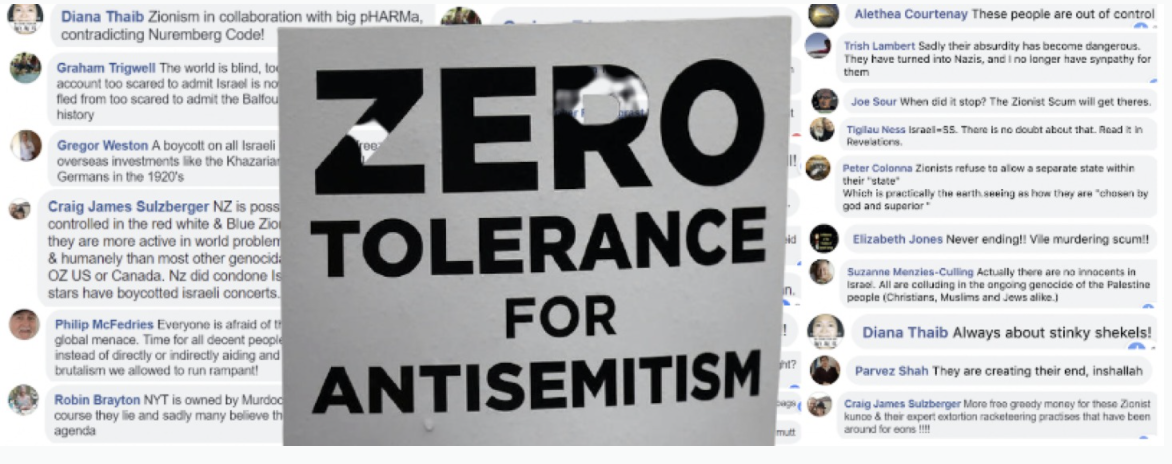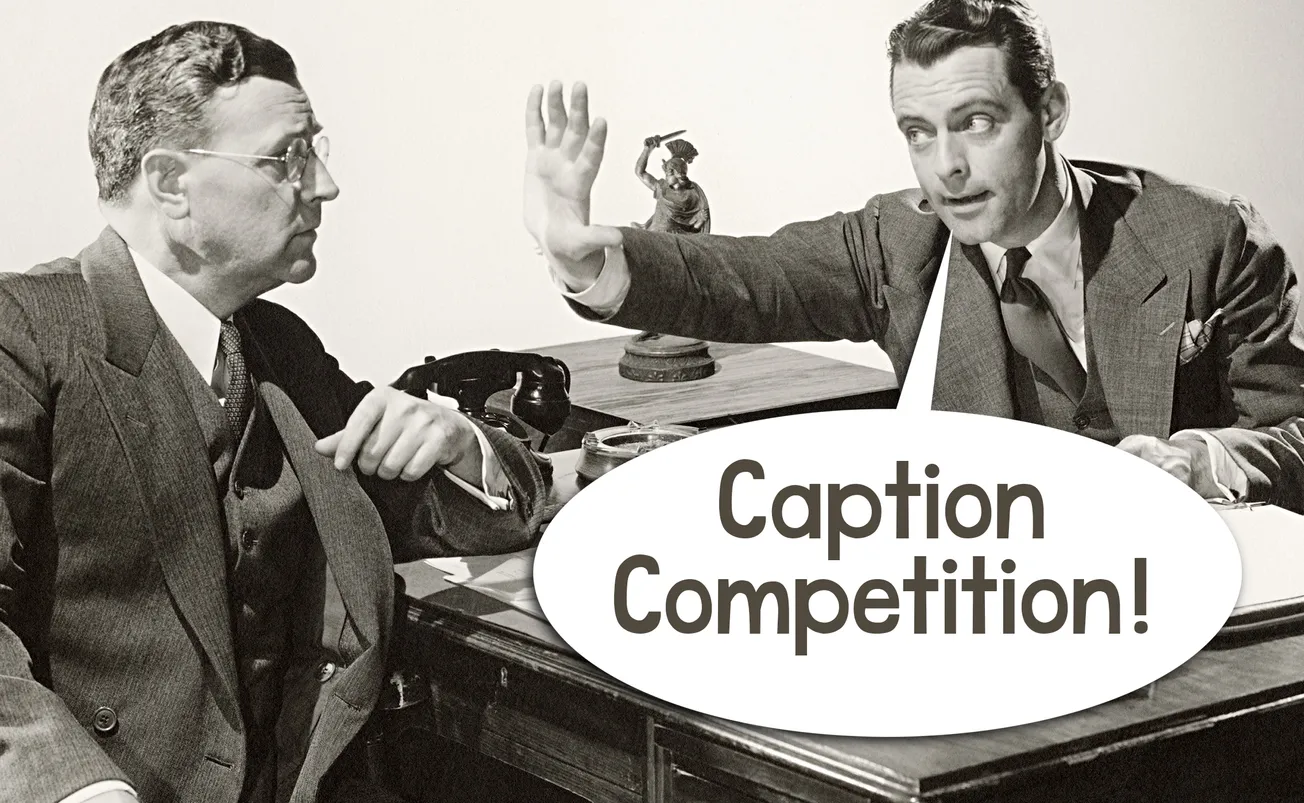Table of Contents
Dr David Cumin
israelinstitute.nz
Hate group, Kia Ora Gaza, is encouraging people to ask five questions at political meetings. We have prepared some possible answers to the questions and have already seen some aspiring MPs do a very good job of answering the first.
Question 1:
“In defiance of international law, Israel has continued to expand settlements on occupied Palestinian land in the West Bank and East Jerusalem. It has also declared an intention to annex Palestinian territory. As an MP in the incoming parliament, would you agree to sanction Israel for its actions by, for example, banning the import of settlement goods into New Zealand and ensuring the Superannuation Fund is not investing in companies with business arrangements in the illegal settlements?”
Answer:
It is not clear that it is illegal for Jews to build houses in Judea and Samaria. Professor Eugene Kontorovich has pointed out that the modern State of Israel was created from land that was previously part of the British Mandate and “there is a clear rule regarding the establishment of new countries: the country’s borders are determined in accordance with the borders of the previous political entity in that area”. Thus, under international law, the borders of Israel should be the borders of the British Mandate just before May 1948. This means ‘annexation’ is not the right term to use.
Furthermore, the idea of singling out one country to sanction for alleged crimes, while ignoring countries that have actual human rights abuses, especially those that we have strong trade and diplomatic relations with would be wrong. Israel is the only democracy in the Middle East and the only country where all citizens are afforded equal rights; any alleged infractions are more akin to Australia’s treatment of detainees on Manus Island than anything like North Korea. It would be immoral to sanction Israel and turn a blind eye to any other alleged crimes in other countries. We should start with the worst abusers if we are to impose sanctions or divest from countries – and that wouldn’t be the Jewish state. There is a vocal campaign that does single out Israel for boycott, divestment, and sanctions (BDS) – it is widely accepted as being antisemitic and the German government actually passed a bipartisan bill that compared the BDS campaign to the Nazi boycott of Jews. It is not something that I would associate with.
Question 2:
“Since 2007 Israel has maintained an illegal land, sea and air blockade of Gaza. The two million Palestinians who live there have been described as living in the largest open air prison in the world. With the number of COVID-19 cases in the territory climbing higher every day, and a humanitarian disaster now looming, how would you use your influence as an incoming MP to pressure Israel to lift the blockade?”
Answer:
In a United Nations report authored by Sir Geoffrey Palmer in 2011, the blockade was seen as a legal and a necessary step to protect its citizens from the onslaught of rocket attacks from Gaza. Sadly, we have most recently seen a barrage of rockets from Gaza on the same day as the signing of the historic Abraham Accords. While some Gazans live in luxury, there is also desperate poverty – this great disparity exists because the coastal enclave is entirely ruled by a terror organisation, Hamas. Their mismanagement of essential services and corruption is directly responsible for any humanitarian disaster. Unlike the border with Egypt, Israel allows thousands of truckloads of goods to enter Gaza each week and facilitates medical transfers for people in need. I would not use my influence to pressure Israel to lift the blockade, I would try to pressure the international community to do more to combat the terror group(s) in Gaza. It is shameful that the last New Zealand minister to condemn terror against Israel was in 2006. We must stand with Israel and her right to defend her citizens, including legal blockades.
Question 3: “The reports of numerous international, human rights organisations have highlighted the mistreatment of Palestinian child prisoners in Israeli military detention. As an incoming MP how would you use your position to condemn Israel’s use of military courts and military detention for Palestinian children?
Answer: I’m not aware of any specific examples and will be the first to condemn them if they are shown to be credible – in any country – just as I oppose the abuse of people in Manus Island, for example. What is most chilling about your example of Israel is that Arab Palestinian children have been indoctrinated to hate Jews and glorify violence and have been encouraged to commit acts of violence. Even more concerning to me is that New Zealand funds the schools where this incitement and hate is taught. Because of the complex legal framework, Israel is justified in using military courts to detain terrorists, including children who commit acts of violence but there is no excuse for the torture of children by the PA and Hamas police or the use of children as human shields by the Palestinian terror groups. I will use my influence as an MP to try to make sure that New Zealand does not continue to fund the incitement and holds the Palestinian Authority to account.
Question 4:
“As an incoming MP, would you use your position to urge New Zealand to join the 138 states that already recognize the State of Palestine, and speak up for a just end to the military occupation?”
Answer:
I do not believe that New Zealand should proscribe the borders or other final status issues. These are best resolved through direct negotiations. I know that Israel has made numerous offers in which deep compromises have been made, particularly around borders. The record of the Arab Palestinian leadership rejecting every offer outright is the real tragedy and the reason there is no State of Palestine – they seem more intent on destroying Israel than building their own nation. Giving recognition to a new entity that does not seem genuinely interested in peace, is not something I think should be endorsed. When the Arab Palestinian leaders come to the table and negotiate in good faith, and when they cease glorifying terrorists, when they stop paying for the murder of Jews, and when their school curriculum is cleaned of incitement and hate I will be more willing to consider your proposal.
Question 5:
“In several countries, the pro-Israel lobby has been successful in using false accusations of antisemitism to shut down criticism of Israel and to ban the peaceful, non-violent activity of the international Boycott, Divestment and Sanctions (BDS) movement. As an incoming MP would you act to ensure freedom of speech and support the campaigning activity of the BDS movement?”
Answer:
I fully support the right of people to express their opinions and say whatever they like as long as it does not incite violence. I do not support illegal actions, and discriminating against people on the basis of their nationality is illegal in New Zealand. The BDS campaign is widely accepted as being antisemitic and the German government actually passed a bipartisan bill that compared the BDS campaign to the Nazi boycott of Jews. I categorically do not support the campaign and think it may well constitute discrimination.
Private citizens are welcome to choose who they do business with, but I would advocate for similar legislation to the United States and Spain, for example, whereby government agencies or grant bodies are reminded of their legal obligation not to discriminate and specifically mention the BDS campaign in this. I would also urge against ever dismissing accusations of racism as false before properly scrutinizing what was said. The idea that Jews are organizing smear campaigns to silence critics is itself a damaging trope. Racist conspiracy theories are not criticism, and while people are free to hold even the most repugnant views they should expect to be called out and exposed for holding them.

If you enjoyed this BFD article please share it.







